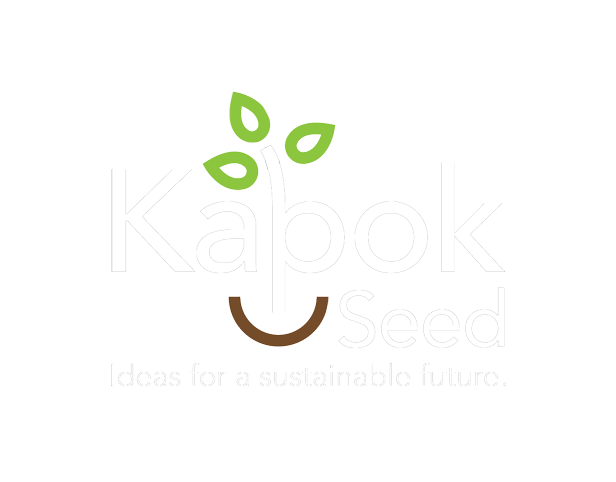Consumer packaged goods are items that are used everyday by average customers and that require routine replacement or replenishment. Examples are food, beverages, household products. Today, consumer packaged goods are available in several convenient sizes and consumers do not think twice about discarding the packaging once the product is over. The world’s largest consumer good companies such as Procter & Gamble, Unilever and Nestle have recently woken up to the problem. The plastic waste generated from the discarded packaging is piling up in landfills and oceans. While there are efforts to address the problem of plastic bottles at end-of-life as well as to clean up the oceans, companies are trying to address the problem at the beginning of the supply chain.
These companies have tried to increase their take-back and recycling programs, and conducting other sustainability drives such as ocean clean-ups.
Cutting back to a time before plastic became mainstream, consumer goods were mostly sold in glass, metal or ceramic containers that were reusable. With the advent of plastic and easy-to-use containers, all consumables are now available in varying sizes of plastic containers.
We came across two companies that thrive on providing a solution to this problem. While there is little innovation in the solution, the implementation of this requires tremendous innovation and enterprise. Back to basics. That’s what these companies are founded on. On two opposite sides of the world. TerraCycle, a recycling company based in Trenton, New Jersey, and Rbuy, based in Bangalore, India have come up with a concept to sell the brands that people love in reusable packaging.
This news article explains the journey of Tom Szaky, the founder and CEO of TerraCycle, as he moved from selling worm poop as a natural fertilizer to convincing the top corporations in the world to partner with him to sell their products in his reusable containers. It may sound impossible, but Procter & Gamble, Unilever, Nestle, Clorox and PepsiCo are all trying it out. Loop (as the initiative is called) currently includes 120 products, adding an average of two new products every week.
If this works, this could make a huge dent in the generation of plastic waste. A lot, of course, depends upon consumer behavior and the implementation of the service. Here is the link to the news article.
Rbuy is a similar organization based in Bangalore. Here also, the order should be placed with Rbuy, who charges an initial deposit for the containers, and your favorite product will be delivered to your doorstep. We are watching this space very closely because if this works, that would reduce our generation of plastic containers tremendously. This would also help retailers meet their sustainability goals a lot faster and establish themselves as sustainable players.
On similar lines, there are zero-waste grocery stores in three cities in India, where items are stored in glass containers. Customers are required to bring their own containers and bags to purchase the items.
Two different models – two countries. One goal. It will be very intriguing to see the path forward on the transformations in the retail industry as they endeavor to do their bit for the environment.

